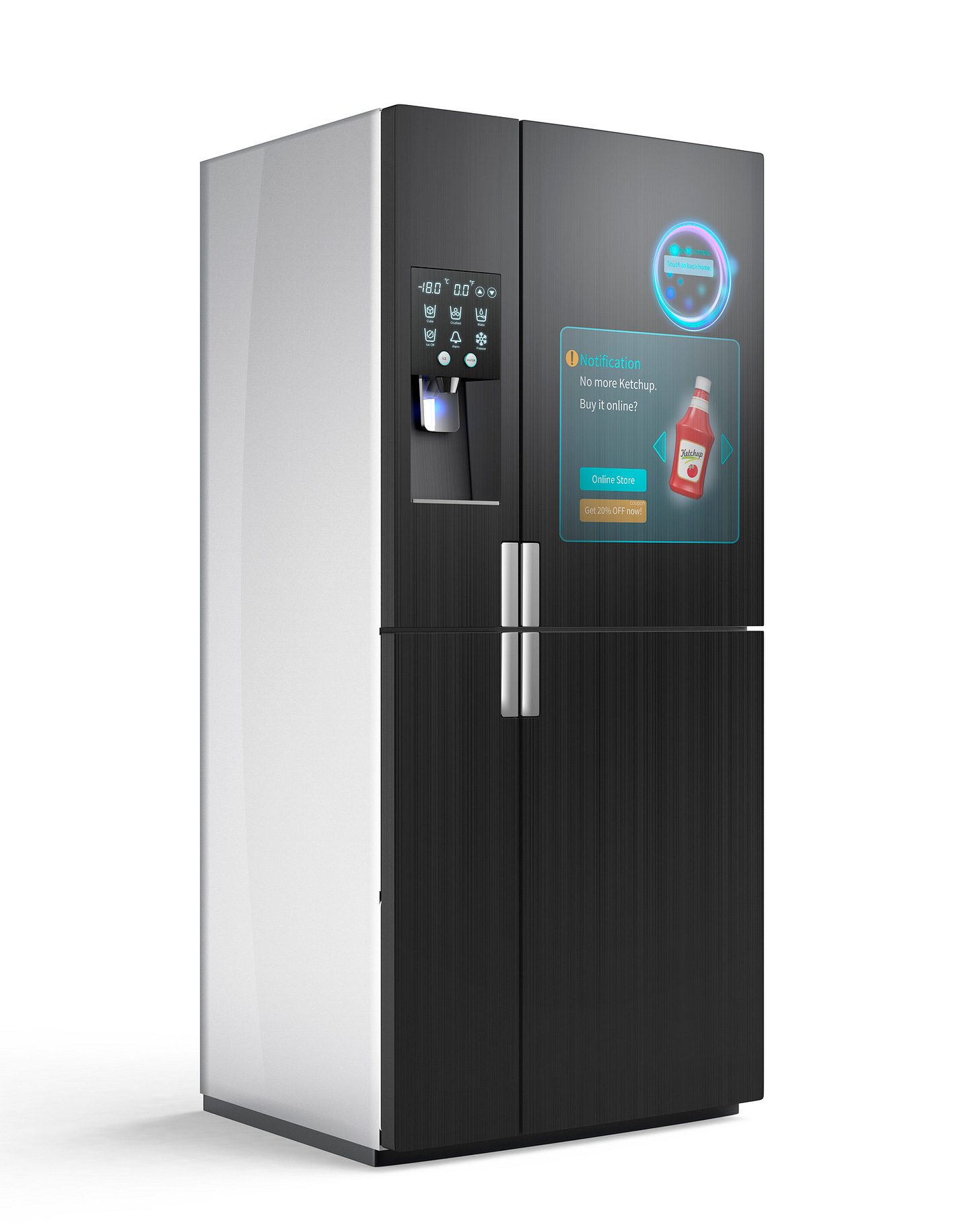Prior to the COVID lockdown and well before the tanks rolled into Ukraine, I was trying to help audiences understand the nature of the evolving conflict among the superpowers. This was well before the tanks rolled into Ukraine. But, people didn’t feel that the superpowers were in a true confrontation. The superpowers were careful to keep their confrontations out of the public eye. These confrontations happened in space, on and under the high seas, and in the realm of data. This is now becoming more visible.
The data space becomes visible to the public when there are stories of hackers. Often these hackers are state-sponsored, but the direct ties to the state sponsor are sufficiently removed that it becomes impossible to accuse a state of the hack formally. Alongside all this is the murky world of simply using modern tech to gather data on individuals and whole populations. Most individuals do not think they are a target. You’d have to be a government official or a spy or a military person to warrant being targeted by a foreign state, right? Wrong. We live in a world where the superpowers have been competing for control over physical assets – raw materials, food, water – but also over tech – software, algorithms, and inside information about tech innovation from biology to submarine propulsion systems to quantum satellite systems. In many cases in recent years, for example, we’ve seen the Chinese outbid Westerners for corporate assets by small amounts or just enough to beat all the competition. How did they know what the other bidders would submit and thus offer just a little more? Let’s just say it wasn’t a wild guess. It’s because it is so easy to know. You don’t even have to hack your emails. You can simply listen and hear what someone says at home. Intelligence gathering is increasingly happening through electronics and electronic appliances. Your smart-chip-enabled fridge is the new front in this Cold War battle zone
.
First, how does this data-gathering work? The new smart fridges have cameras and increasingly microphones. More and more, these appliances will connect to your smartphone, which is itself a listening device. The darling of CES this year was Matter, the new “open-source interoperability standard,” which was named the “best in show”. It’s the “new smart home standard” “formerly known as Project Chip”. It’s a partnership between “Apple, Google, Samsung, Amazon, and others” and interfacing with “Amazon Alexa, Samsung SmartThings, Apple Home, Google Home,” and more. It will be “as standard as WIFI or Bluetooth.” You’ll be unlocking and locking your doors with it via Lockly, dimming your lights with it via Leviton, and managing your temperature, blinds, lights, plugs, and switches with it through Echo, Eero, and Alexa.
The commercial purpose of your smart matter-enabled fridge is to monitor your use and to identify what you buy and use. The story is that fridges increasingly can order new milk when the system detects that you are low or when the use-by date has passed The reality is that your data feed from your fridge may not be secure. In fact, we know that nobody changes the factory settings on these things, so all this data is easily accessible to whoever wants it. So, hackers or state-backed hackers can get into your fridge and basically listen to your kitchen conversations. But hacking might not even be necessary.
Well, you say, who would want to listen to my kitchen conversation? Well, I say, if you are an accountant, a lawyer, a banker, an investment banker, or a fund manager, you probably have exactly the sort of information about the deals that matter most. Or, let’s say you work for a security firm, and someone wants to know the movements of who or what you are guarding. Or, perhaps, you work in a mining company, and someone wants to know about your geologist’s reports. The list is endless. If a state wants to outbid competitors for a port in Africa for an agribusiness in Latin America, the people with the greatest insight are the target. That’s not the government officials. That’s the people working on the deal.
If this hasn’t occurred to you, don’t worry. This game has become so sophisticated that even the British Intelligence Services were recently taken by surprise to find the cars they use to ferry around diplomats (who are often spies) were laden with tracking devices. That’s very useful information. They found the trackers when they did a “surgical search” and opened sealed parts that had been imported from China. What they found in these devices confirmed “disturbing things.” But, what’s even better is being privy to the conversations government officials or corporate management have on their smartphones in their kitchens in the proximity of other Internet of Things devices. Then you get the real story. All this brings new meaning to my argument that we are in A Hot War in Cold Places. The fridge is the new spy. Who needs James Bond when you can have a Samsung?






